Russian elite special forces Gruv:Sharp blade in the dark night
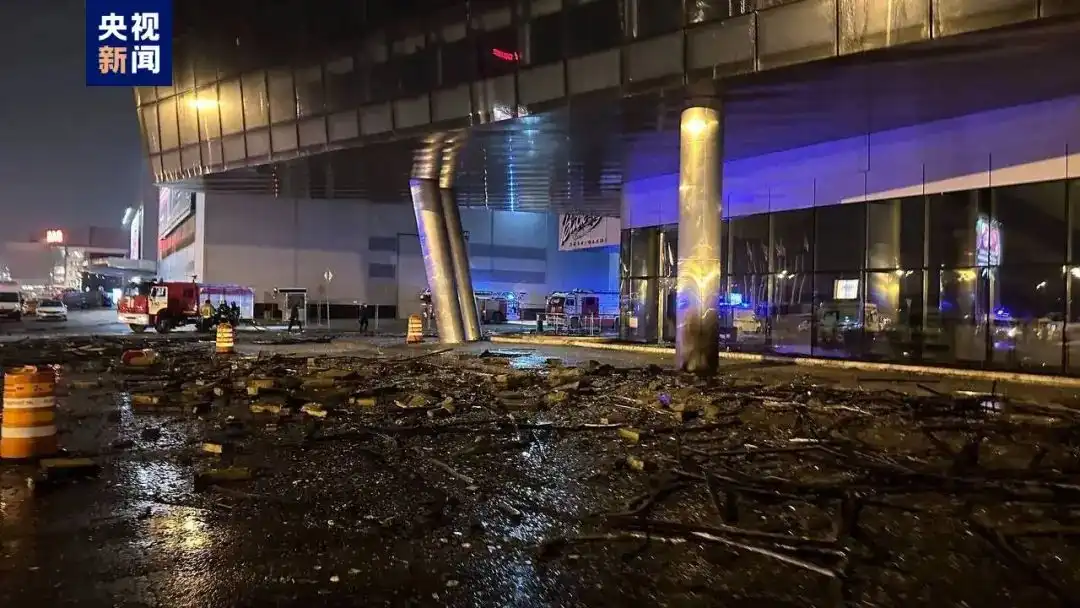
The recent shooting at the Moscow Music Hall is one of the most serious terrorist incidents in Russia in recent years, and its social impact can be compared with the Moscow Theater hostage crisis that occurred at the beginning of this century. Both terrorist attacks occurred in densely populated areas.
However, different from previous casualties, this shooting at the Moscow Concert Hall even killed Russian special forces personnel.
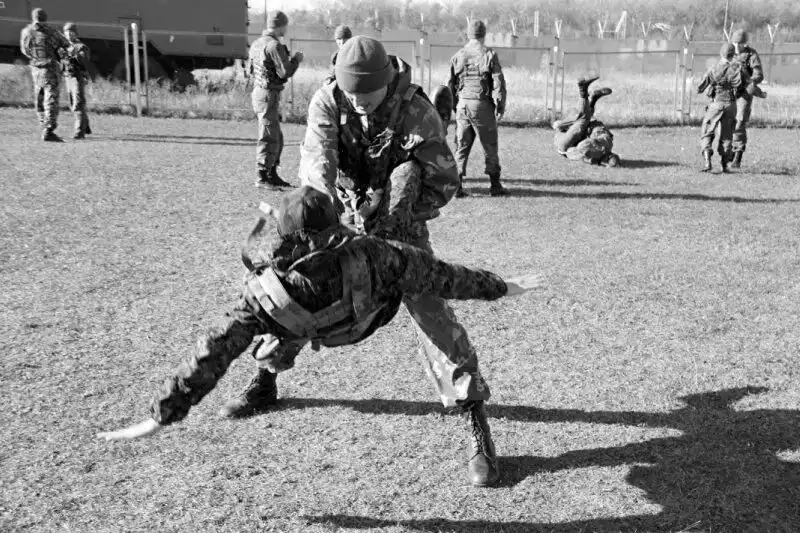
According to reports quoted by Russian media on the World Wide Web, the killed member of the Russian special forces was Timur Miasnikov, who was affiliated with the 3rd Brigade of the Russian Special Forces.

▲ Timur Miasnikov
It is reported that he and his family were on vacation in Moscow when the shooting was taking place, and he successfully moved the family to safety during the terrorist attack. However, Miasnikov was hit by three bullets and eventually died.
You know, the death of Miasnikov due to his leave this time can be said to have caused incalculable losses to the Russian army. After all, the Gruv Special Forces can be said to be the elite among the elite of the Russian army, and they themselves represent the peak combat strength of the Russian army.
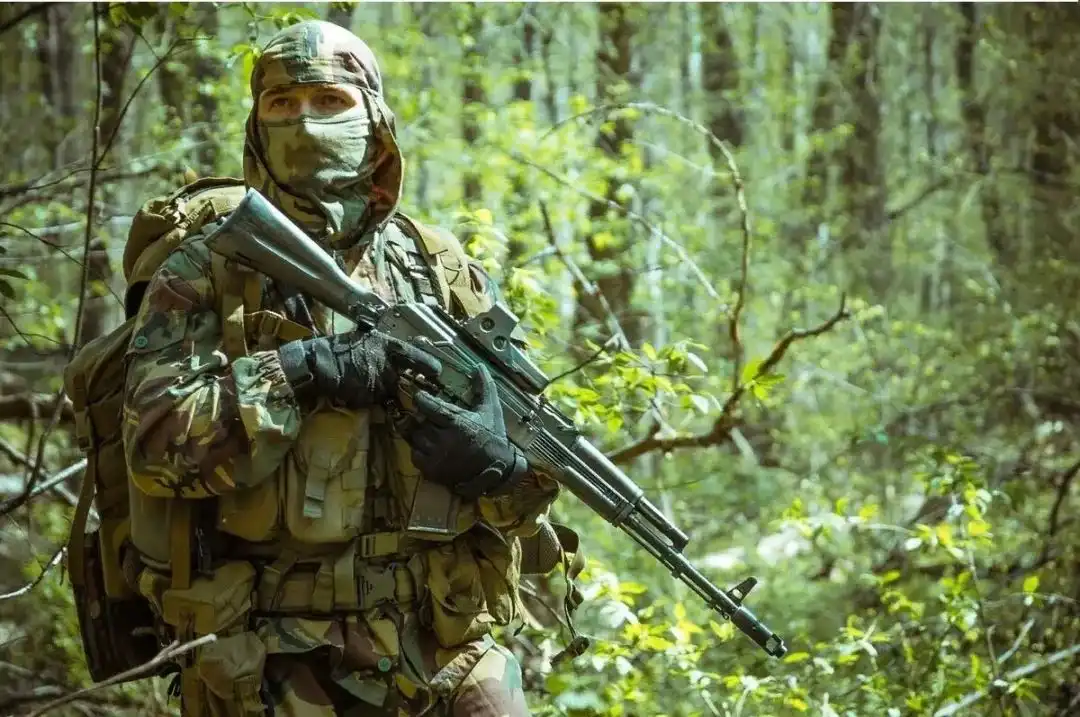
Of course, like the Alpha Special Forces we are familiar with, cultivating a qualified Gruut fighter also requires a huge amount of resources.
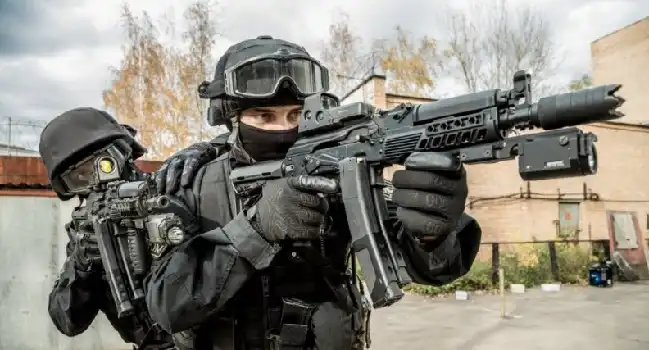
However, this kind of resource investment is probably even more than that of ordinary special forces. After all, Gruu is different from the kind of pure combat special forces we are familiar with.
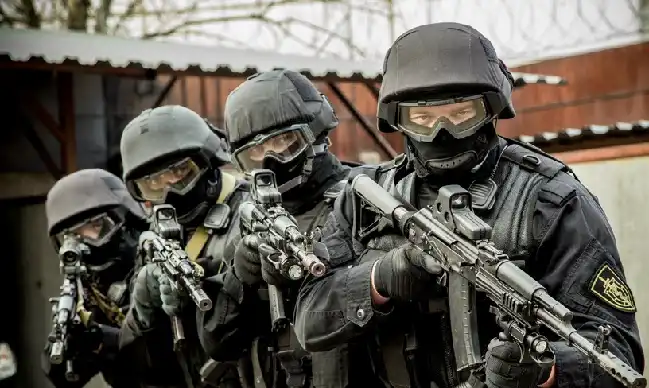
Gruv also needs to perform special intelligence-gathering combat missions. It can be said to be the Russian government's "dark blade" and its combat positioning is similar to that of MI6.
However, Gruv is still different from the pure agent KGB. Gruv's "business" has more "foreign-related" parts and has a stronger combat color.
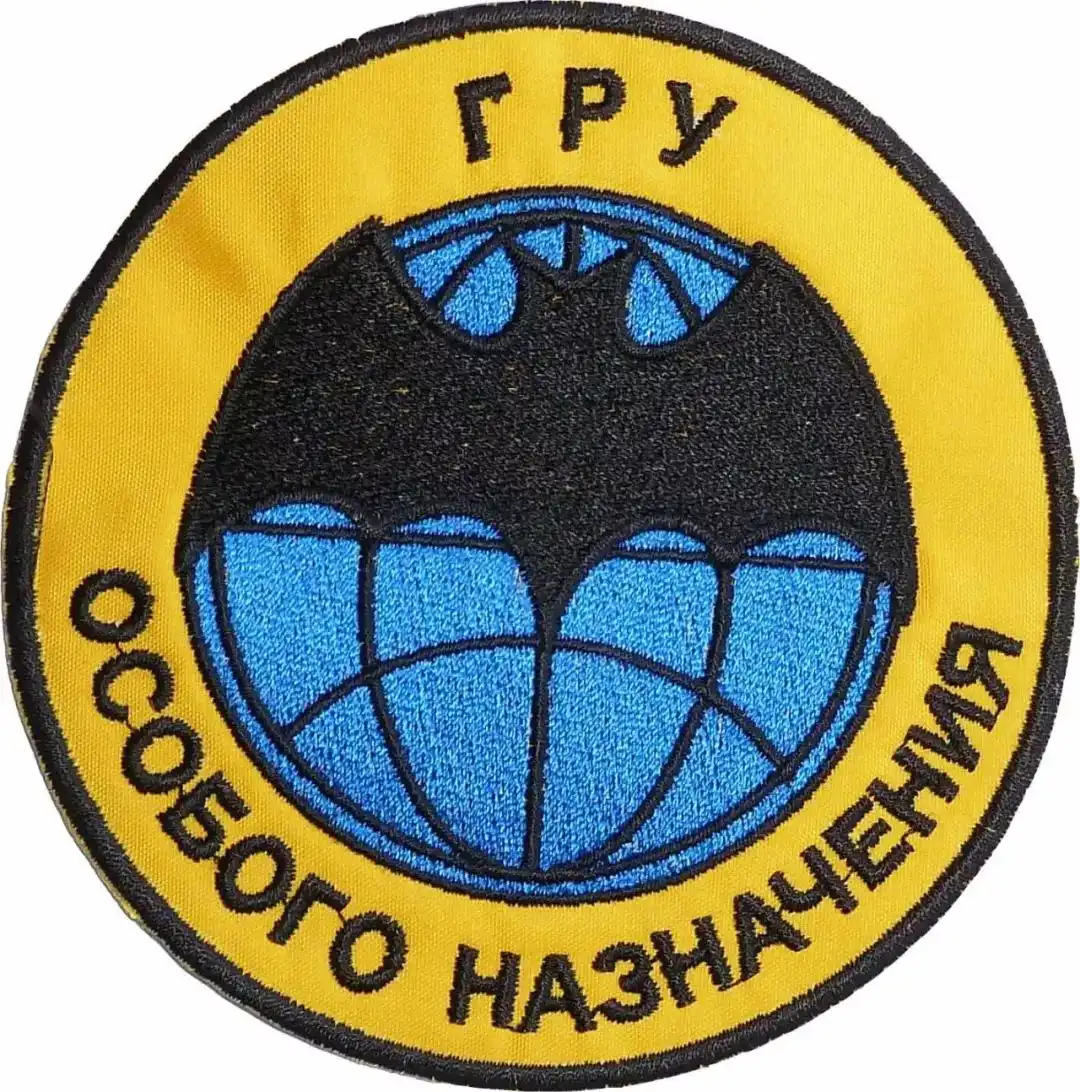
▲ The logo of the Gruu Special Forces. It is not difficult to see that the bat pattern in the logo also indicates that Gruu is a special force that "acts in secret"
This has a lot to do with the background when it was established. You should know that Gruu's predecessor, the "Registration Department", was established in 1918. It was established by his mentor Lenin personally signed an order. At that time, this department was established to collect intelligence about the White Army for the Red Army during the Soviet Civil War. It was originally just a military intelligence organization with targeted combat functions.
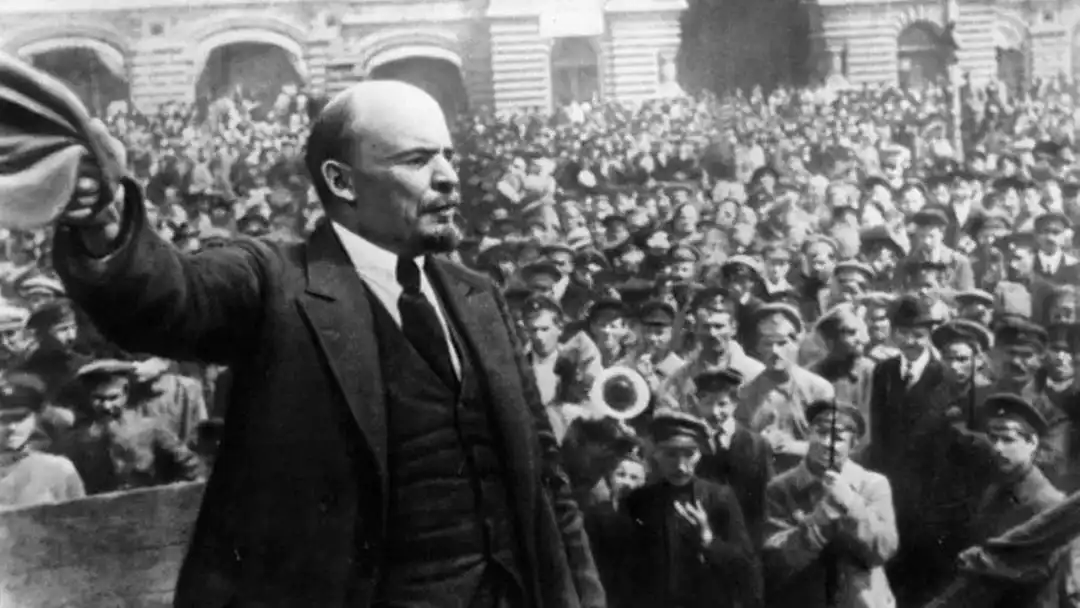
In 1920, due to the outbreak of the Soviet-Polish War, the Red Army, which was extremely lacking in intelligence support at that time, suffered successive defeats due to shortcomings in this regard. This made the top leaders of the Communist Party of the Soviet Union deeply realize the importance of intelligence work to the war. Therefore, in September 1920, the Central Committee of the Communist Party of the Soviet Union passed a resolution that the establishment of a full-time intelligence organization to serve the military was the focus of the Red Army's construction work.
In this context, Gruu's predecessor, the "Registration Department", underwent a major reorganization in this context of the war. This reform directly transformed the department into the Second Department of the General Staff of the Red Army and a large-scale intelligence organization that provides all-round support for the entire Red Army operations, and the organization's "business scope" has been "significantly upgraded."
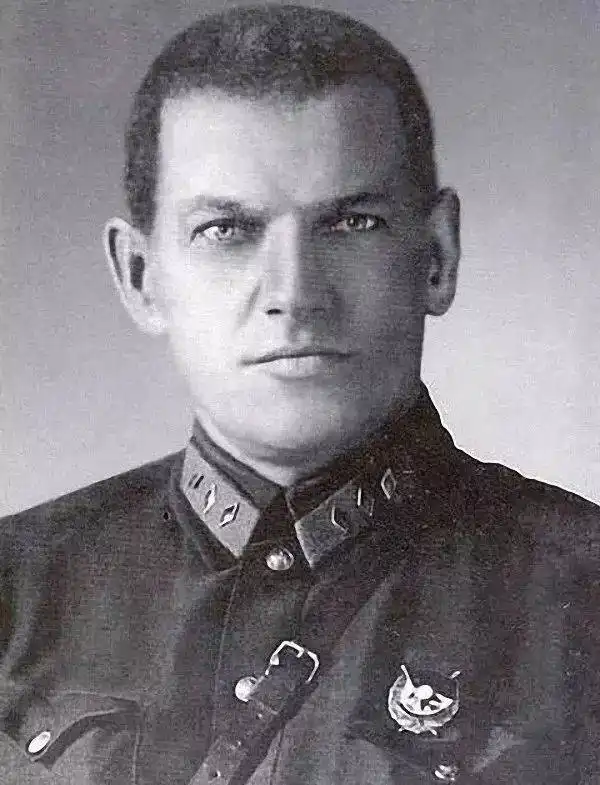
▲ The person in charge of the "groundbreaking" reorganization of the "Registration Department" in 1920 was General Berzin, the famous intelligence elite of the former Soviet Union
Perhaps the high-level leadership of the Soviet Union at that time recognized the value of the department. After a series of restructuring, the "Registration Department" was changed again and it was "upgraded" to the General Staff Headquarters Reconnaissance Bureau, which we now know Gruv. After its establishment, the organization even had the authority to report directly to the Soviet Defense Council.
After its establishment, Gruv did not disappoint the top leaders of the Communist Party of the Soviet Union at that time. Especially after the outbreak of World War II, Gruv also provided a large amount of intelligence support to the Soviet Union. According to some sporadic information that has been declassified, Gruv provided thousands of systematic military intelligence to the Soviet Union, including information on Nazi Germany's economic strength, military production, weapons and equipment at that time. Even orders issued by Hitler himself at that time could be placed on Stalin's desk through Gruv.

▲ At the headquarters of Gruv, General Berzin completed the transformation of the "Registration Department" to Gruv. In a sense, he is the founder of Gruv now
As a military organization, Gruv also has its own combat force. This force is known as the Gruv Special Force. It was proposed to the top management of the Communist Party of the Soviet Union by Marshal Zhukov in the 1950s. Miasnikov, who was killed in the Moscow Concert Hall this time, belongs to the Gruv Special Force. The main combat function of the force is to carry out special operations activities deep behind enemy lines. It belongs to the category of special intelligence subversive forces, and generally it still serves military intelligence.
Like the elite Alpha Special Forces of the Russian army, members of the special forces affiliated with Gruv are also military kings in the Russian army. In addition to having superhuman physical fitness and mastering various unarmed combat and combat skills, every Gruv fighter team member needs to master the ability to blow up trains, missile silos, and destroy important enemy facilities individually. Their combat functions are similar to the US Navy SEALs.
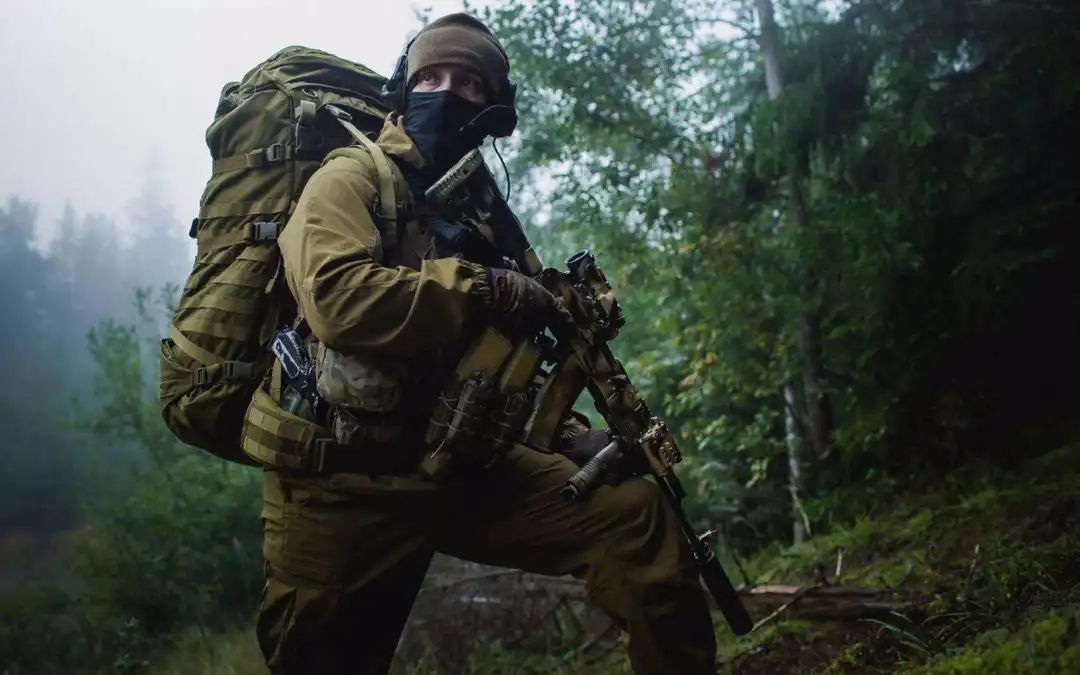
▲ The motto of the Gruu Special Forces is "Only the stars are out of reach", which probably means that there is no combat mission that Gruu cannot complete.
After its establishment, the Gruut Special Forces also participated in many major military operations of the Soviet Army. The most famous one was that in the 1979 Afghan War, the Gruut fighters cooperated with the Alpha fighters as sharp knives. They invaded the presidential palace of Afghan President Amin. After that, Gruu Special Forces have been stationed in Afghanistan for a long time to carry out special operations such as infiltration and deep into enemy lines.
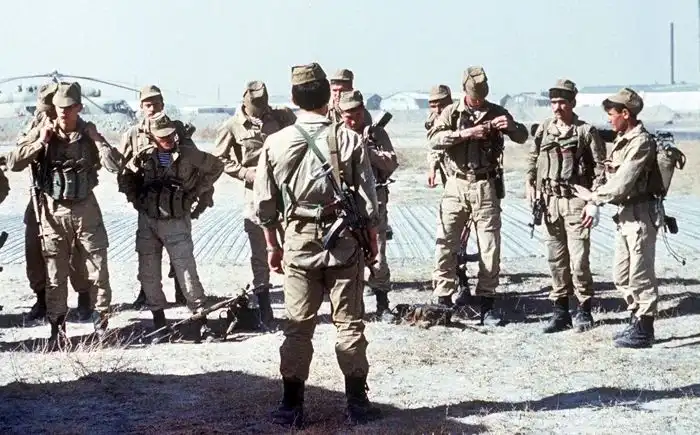
▲ Soldiers of the Gruu Special Forces during the 1979 Afghan War
Although the end of the Soviet War in the last century finally ended with the sad withdrawal of the Soviet army, during their stay in Afghanistan, while the Soviet army was in a passive position as a whole, the Gruu Special Forces still eliminated more than 5000 Afghan militants at the expense of 191 casualties. The weapons they seized were enough to equip a division, which became one of the few outstanding achievements of the Soviet army at that time.
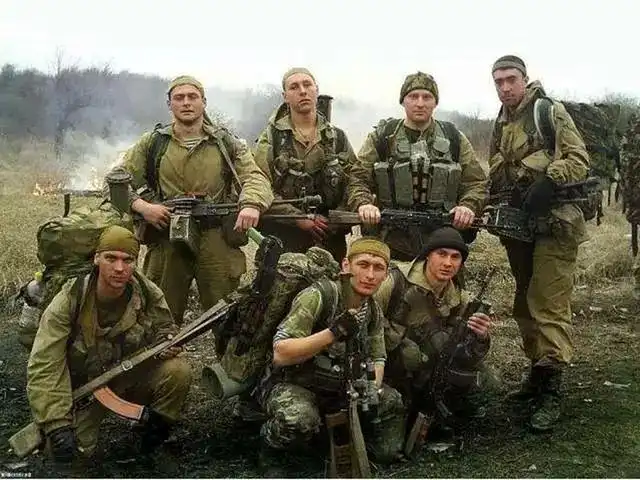
▲ The Gruv Special Forces were extremely confidential. Before the disintegration of the Soviet Union, the entire force was unknown to the outside world. Its specific combat establishment and related organizational structure are still strictly confidential by the Russian government to this day.
Therefore, thanks to its excellent tactical literacy in the field of military intelligence and foreign operations, after the disintegration of the Soviet Union, the situation of Gruv was completely different from that of the KGB, which had experienced a miserable life. Gruv's combat establishment and organizational structure were completely preserved. Down, it became an important part of the The Russian Federation's armed forces and played a very important role in various major military operations of the Russian Federation.
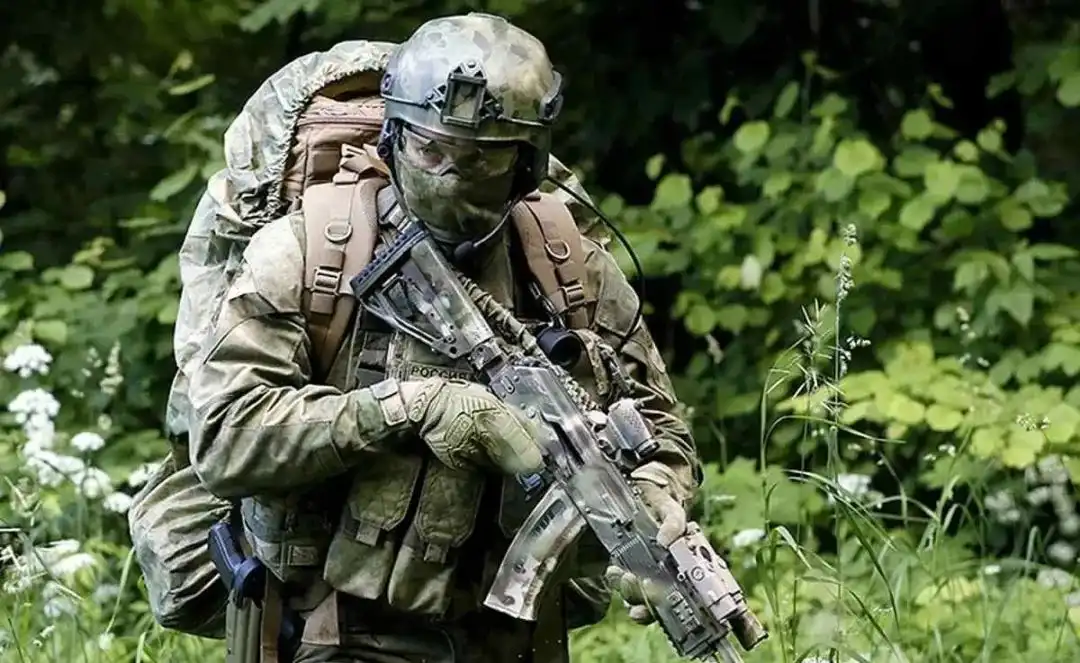
For example, in the Chechen War in 1996, it was precisely because the Gruut fighters provided guidance coordinates to the Russian command center on the scene that missiles carried by Russian fighter jets were able to lock on and kill Dudayev, the leader of the Chechen separatist forces, who was using the phone at that time. After that, in various combat operations carried out by the Russian army against other leaders of the Chechen armed group at the time, the outside world also believed that Gruv was deeply involved, although the Russian government denied this point.
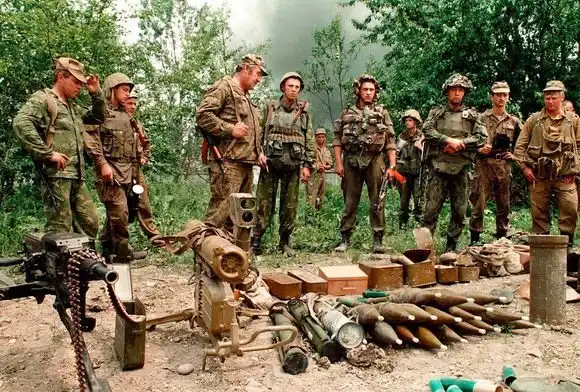
▲ Gruv also achieved fruitful results in the Chechen War. From 1999 to 2004, the Gruv special forces achieved the record of killing more than 3000 enemies and arresting more than 1500 people
You know, the operation to eradicate Dudayev can be said to be a classic example of anti-terrorism operations in modern information warfare. After that, Gruv has remained an indispensable force in the Russian military's external combat operations, and its role has even increased. For example, during the Russia-Georgia conflict in 2008, after Gruv entered South Ossetia and Abkhazia, they immediately began to launch electronic warfare against the Georgian army. To a certain extent, it weakened the overall combat strength of the Georgian army and laid the foundation for the final victory of the Russian army.
In addition, Gruv has also made a lot of achievements in its "traditional business" in recent years. For example, in 2014, during the military operation launched by the Russian army against Crimea, there was public information that the Russian army at that time The various military operations were simply inseparable from the intelligence support provided by Gruv.
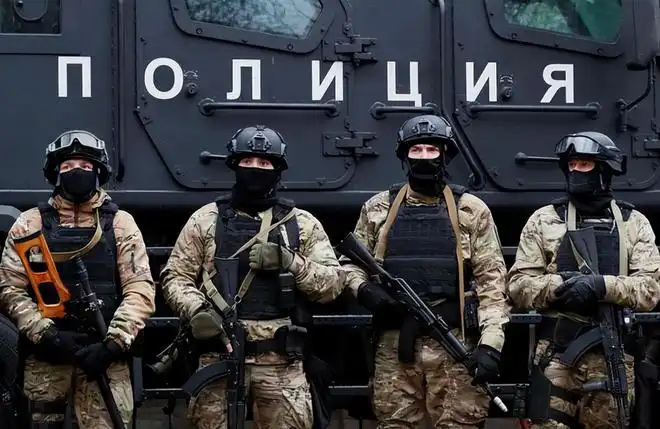
▲ Utkin, the founder of the Wagner Mercenary Corps, once served in the Gruu Special Forces. There is also a certain connection between the two in actual combat
Similarly, on the battlefield in Syria, the Gruu special forces greatly assisted the Russian army in successfully carrying out various military operations in Syria in terms of infiltration behind enemy lines and intelligence support. In a sense, Gruu may be the key to President Bashar and the Russian army being able to turn the wind against such a harsh war situation at that time. President Putin praised him in public.
In the current Russia-Ukraine conflict, Gruv is also an indispensable armed force among the Russian troops currently fighting on the front line in eastern Ukraine. It provides front-line intelligence support to the Russian army and cooperates with the Russian army to complete various special operations. Timur Miasnikov, who was killed in the shooting incident this time, fought on the front line in the Udong region before taking leave. He had been stationed on the front line in Donbas for two years.
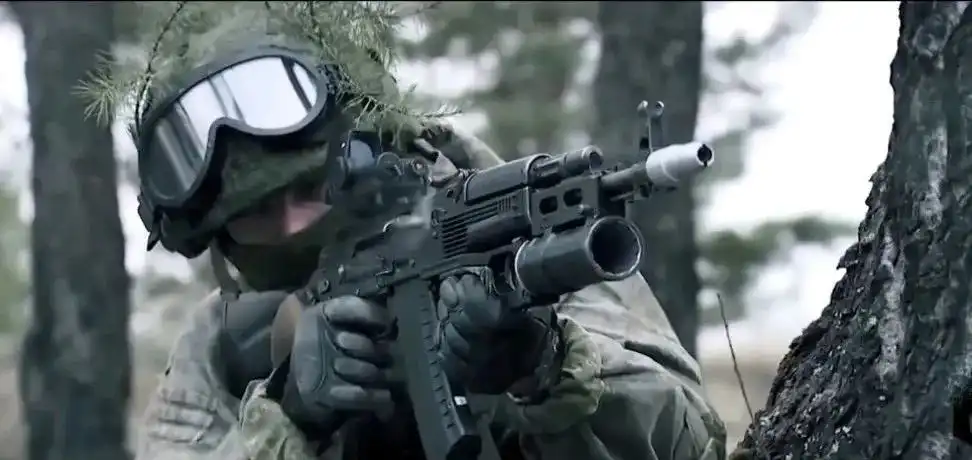
▲ According to reports from China Military Network, the Gruu Special Forces currently has 24 intelligence and special operations brigades with a total of more than 30,000 people. They are generally divided into two major areas: intelligence and special operations.
Moreover, before that, Miasnikov had also participated in military operations involving Kosovo and Tajikistan. He belonged to the more experienced old special combat team members of the Gruu Special Forces. For this kind of old special combat team members who have experienced the test of war, the Russian army cannot cultivate suitable replacements in a short period of time.
His combat strength and war experience cannot be replicated and replaced by the Russian army from scratch. He belongs to the mainstay of the Russian army's elite troops. To a certain extent, Miasnikov's unexpected death will have a certain negative impact on the combat strength of the 3rd Brigade.
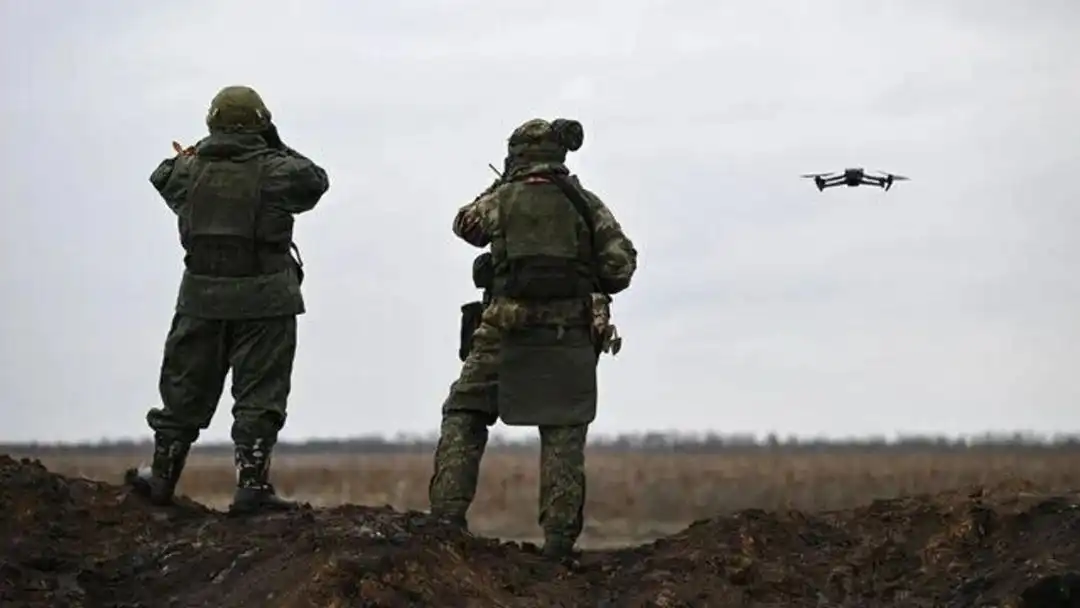

**伞界「劳斯莱斯」!**一键秒开合,**硬抗10级狂风,暴雨不湿身荣获红点奖、当代好设计等国际大奖,创意、品质杠杠滴 **
反向收伞,湿面在内,雨水被包裹,安心随处放。Double keel double wind resistance upgrade 20 bones,可抗10级大风!

** Upgrade aviation alloys so that they will not rust, break or deform!** Reflective angel rings reflect light when encountering light intensity to warn passing vehicles. Bad weather gives you peace of mind!
